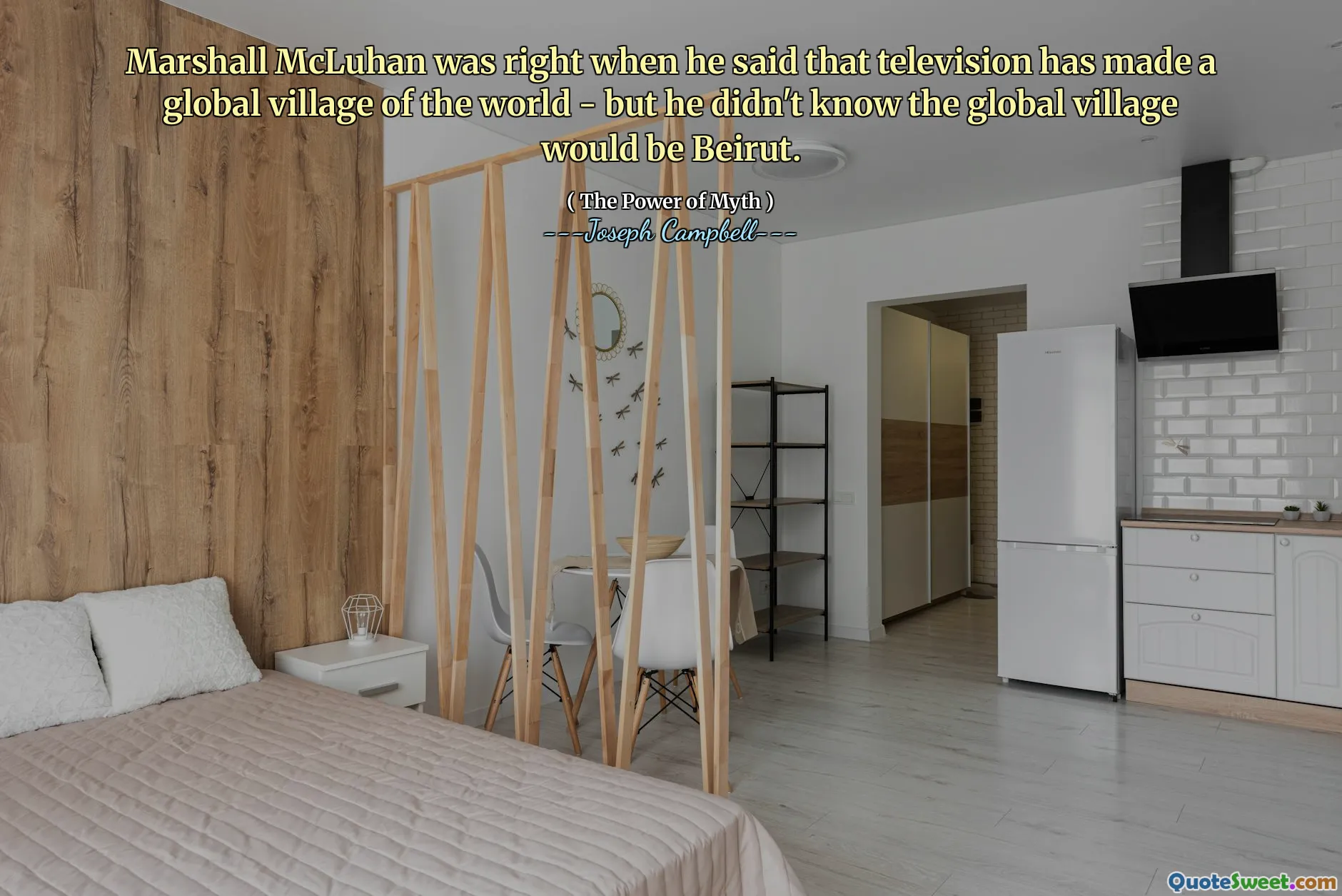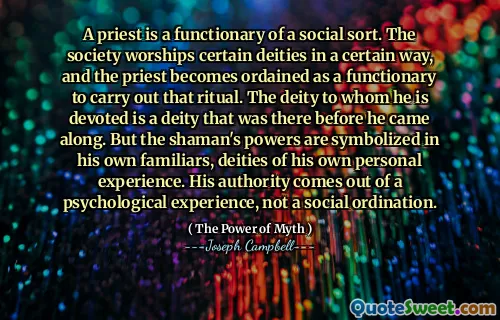
Marshall McLuhan was right when he said that television has made a global village of the world - but he didn't know the global village would be Beirut.
This quote encapsulates the profound influence of mass media, especially television, in transforming the way humanity perceives its interconnectedness. Marshall McLuhan's insight that electronic media creates a 'global village' suggests that the world has become more interconnected, borderless, and socially interdependent due to the pervasive reach of communication technologies. However, the addition of 'but he didn't know the global village would be Beirut' introduces a nuanced perspective, emphasizing that while the global village symbolizes increased connectivity, it also highlights specific regional and cultural complexities. Beirut, historically a city often associated with conflict, resilience, and diversity, serves as a poignant example of how global interconnectedness reveals both unity and discord. It reminds us that the global village is not an idyllic space but one marked by the intricacies of local realities that can significantly influence global perceptions and interactions. The quote prompts reflection on both the power and the limitations of media in shaping our understanding of distant events and places. It also invites us to consider the role of individual and collective agency within this interconnected framework—how global awareness can foster empathy, activism, or perhaps exacerbate tensions. Ultimately, it underscores that technology, while a force for unity, also illuminates the existing societal fractures and regional particularities that define humanity's shared yet diverse existence.








